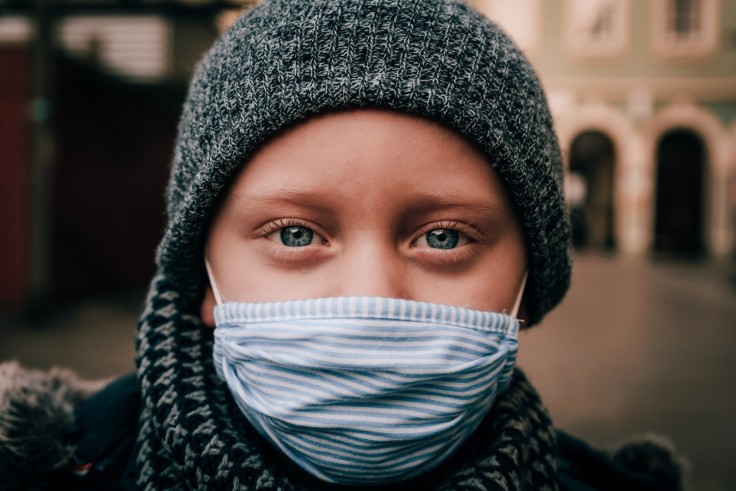
Asthma cannot always be quick to diagnose particularly in children. As per according to a 2014 task force assembled by the American Thoracic Society and the European Respiratory Society, pediatric severe asthma can only be diagnosed if the child's symptoms require treatment with high-dose inhaled corticosteroids and a controller medication for a full year as well as the systemic corticosteroids for half a year, per Time.
The diagnostic criteria are only based on the intractability of the symptoms. Dr. Jonathan Gaffin, co-director of the severe asthma program at Boston Children's Hospital and an assistant professor of pediatrics at Harvard Medical School says that there's a limitation when defining a certain disease state based on the amount of medicine needed to control, hence, the part of it is due to asthma as it is a heterogeneous disease.
In some cases of children with severe asthma, the condition causes them daily breathing problems but with few outsize exacerbations. Such conditions can also have extended periods of symptom-free living and are broken up by infrequent but serious flares. As a matter of fact, a child's lung function may appear both normal and healthy in between exacerbations which serves as the main difference between severe asthma in young ones to severe asthma in adults.
How severe asthma can show up very early in life
Dr. Andrew Bush, an asthma specialist and director of the Imperial College London Centre for Pediatrics and Child Health told the outlet that pediatric severe asthma has another defining trait which is, it shows up very early in life and as the child walks through the school gate for the first time, they can have permanently impaired lung function and symptoms would come along.
He added that asthma may become severe and unmanageable later in childhood, only in some cases but it's quite rare for a child with no signs and symptoms of asthma to develop severe ones beyond the first years of life. Dr. Bush also explains that there are some cases that appear to be later onset, hence if you look back, you will find most had symptoms one forgot about as younger children.
Severe asthma can also be defined by its resistance to treatment along with newer medications that control the condition and prevent the need for systemic corticosteroids and other aggressive remedies which are particularly risky for growing and developing kids. Nevertheless, experts say that long before such medications are deployed, crucial diagnostic work must be done to disclose if a child's asthma is indeed severe.
What can be the causes of pediatric severe asthma?
Asthma is one of the most common medical conditions in young ones. Around 1 in 10 American kids below the age of 15 which equates to almost 6 million has asthma. Experts agree that the rates of asthma in kids have dramatically soared during the past 40 years.
Dr. Marielle Pijnenburg, head of the department of pediatric respiratory medicine and allergology at Erasmus University Medical Center in the Netherlands says the kids develop severe asthma due to environmental exposures combined with genetic susceptibility. It can be allergic triggers, viral infections, air pollution, tobacco smoke, microbiome disturbances, and diet. Such plays a possible contributing factor, hence, filling in the existing knowledge gaps would be very difficult.
To be able to look into the lungs and observe what's going on inside them requires invasive tests that are not actually feasible in kids. Primary symptoms may appear quite early in life, around the age of 1 or 2. The child can have a viral cold and eventually develop a wheeze. Such infections are associated with flu and respiratory syncytial virus or RSV which can trigger an asthma attack, CDC says.
Related Article : Pediatric Brain Aneurysm: Not Typically Symptomatic Unless They Rupture